A Tragedy That Demands Truth, Not Sentimentality
On August 22, 2025, 23-year-old Iryna Zarutska—a Ukrainian refugee fleeing the horrors of war—was stabbed to death on a Charlotte light-rail train. Surveillance footage shows her, pizzeria uniform still crisp, scrolling on her phone; just minutes later, a man in a red hoodie slashes her throat three times. She collapsed before help could save her life. Fox News
This wasn’t a freak accident—it was a preventable tragedy made possible by a system too soft on violent offenders. The suspect, with 14 prior arrests, was free in our streets. Fox News+1 Such horror demands real consequences—not endless compassion that overlooks justice.
Traditional Values and the Demand for Real Justice
At the core of Catholic–traditional values lies the belief that justice must protect the innocent and preserve order. The Baltimore Catechism taught that “thou shalt not kill” means do not kill without just authority. A judge acting for the commonwealth may lawfully impose capital punishment in cases of grave crime.unamsanctamcatholicam.com
In Scripture: “He who sheds the blood of man, by man shall his blood be shed” (Genesis 9:6), affirming that capital punishment is not only allowed—but sometimes demanded. Catholic Answers
Part of the reason tragic crimes like this happen on a daily basis is because our legal system has removed itself from its foundation in Christian principles of justice. God commands the death penalty for murder and nowhere in Scripture is that abdicated.
God’s justice is restorative. When you read through the Old Testament, something not enough Christians these days do, the Lord makes it clear that if you steal, you return what you took or the equivalent monetary value, along with a penalty fine. There’s always an eye toward restoration.
However, there’s no way to restore a human life that has been taken through murder. Thus, the only just penalty is the forfeiture of the murderer’s life. It is not merciful to allow a dangerous criminal who, if they killed once could easily do so again, back on the streets. Nor is the death penalty contradictory when it comes to being pro-life.
It’s actually the opposite.
The death penalty shows that life is such a precious gift that anyone who takes it unlawfully has committed one of the most heinous crimes against both God and man. It’s an affront not only to the victim and their loved ones, but the whole of society. Thus, murderers, as ordered by God, are to be put to death for this assault on Him through the killing of His image bearer.
And if the death penalty is truly not just, as many Catholics, even a few popes, say it is, then wouldn’t that make God Himself guilty of sin for requiring the death penalty for Christ on our behalf?
When is the Death Penalty Justified?
As Catholic.com clarifies, the traditional teaching of the Church “does not exclude recourse to the death penalty, if this is the only possible way of effectively defending human lives against the unjust aggressor.”Catholic Answers+1 In Iryna’s case—a young woman cut down in broad daylight by a repeat offender—the death penalty stands not as vengeance, but as the last safeguard the system failed to provide.
Moreover, capital punishment can ignite a moment of spiritual reckoning. “The death penalty has historically… served as a spiritual sobriety checkpoint for someone facing imminent death, providing a convicted murderer the opportunity to reflect and repent.”Catholic Answers Redemption is possible—but when mercy isn’t extended to the innocent, it’s time for justice to take its holy course.
Debunking the ‘Inadmissible’ Myth
Yes, modern Church documents, including the revised Catechism under Pope Francis, now state that the death penalty is “inadmissible because it is an attack on the inviolability and dignity of the person.” Vatican Press Catholic Answers But traditional Catholic scholars—like Edward Feser and Joseph Bessette—push back, arguing that this revision reflects cultural shifts, not immutable doctrine. As they contend, the Church “has not and cannot change its traditional teaching on this issue.” Catholic Answers
Likewise, Catholic.com reassures, “it would be wrong to assert that the death penalty is always and everywhere a mortal sin,” emphasizing that it remains licit in cases of grave crime. Catholic Answers
Call to Action: Protecting the Innocent, Honoring the Divine
Iryna Zarutska journeyed to these shores seeking safety. Yet she found only the hollow failures of a system too lenient on evil. Our laws, our leaders, and our conscience must answer: will we shield the innocent, or let tradition die?
In a world that honors grief but shuns justice, the death penalty isn’t cruel—it’s the última ratio, the last safeguard of civilization. In defense of life, dignity, and order, let us not abandon the right to protect the righteous. Traditional values demand it. Faith commands it.
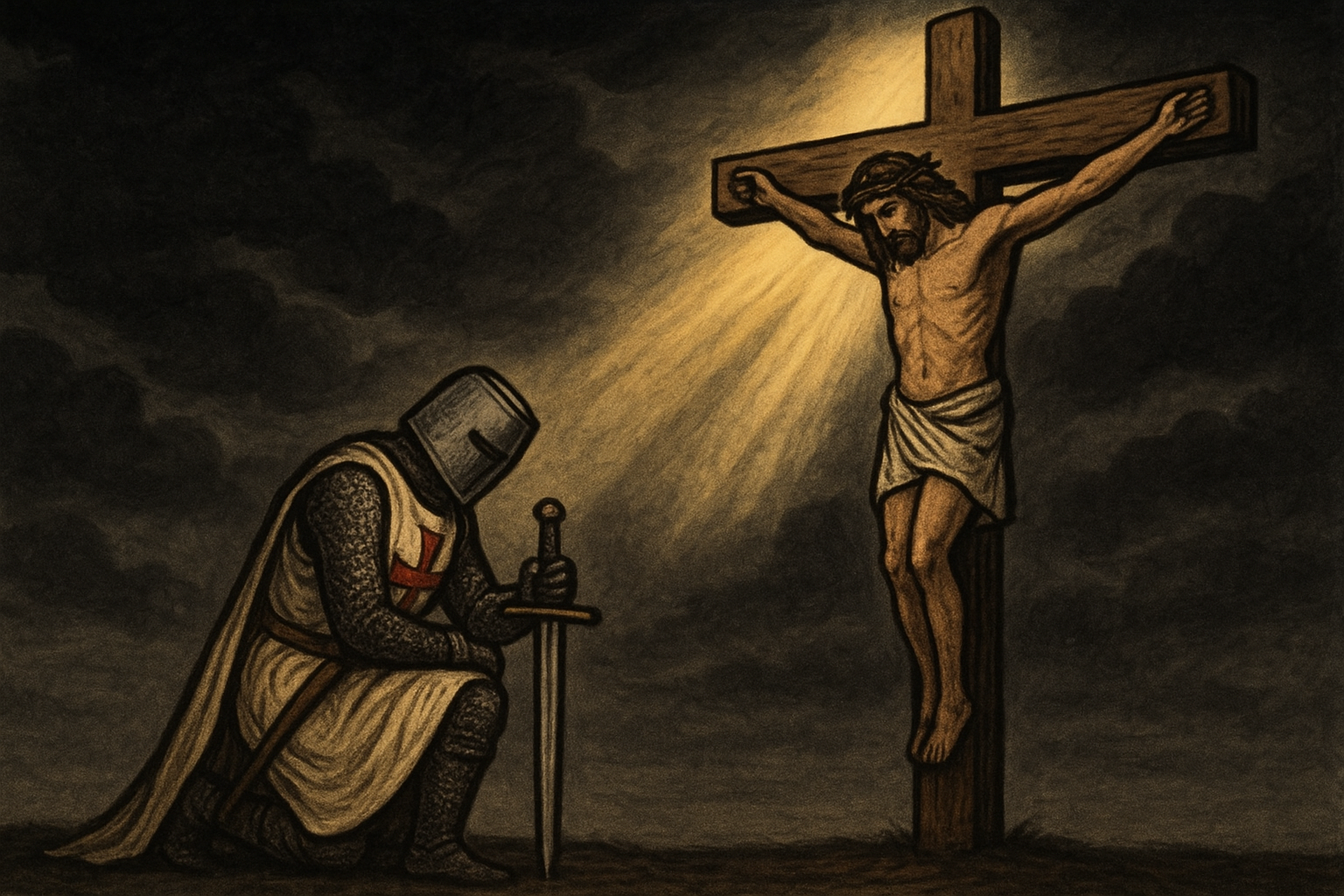

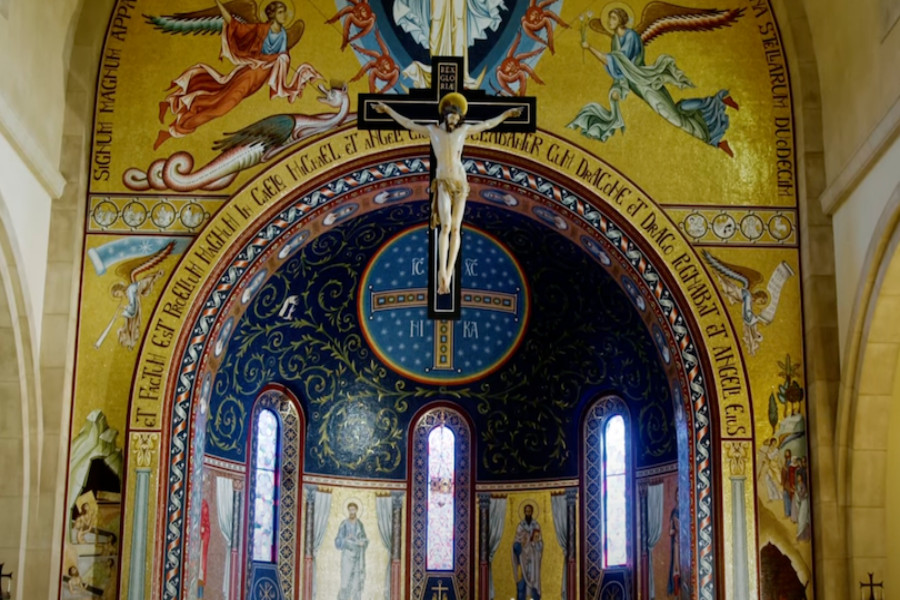

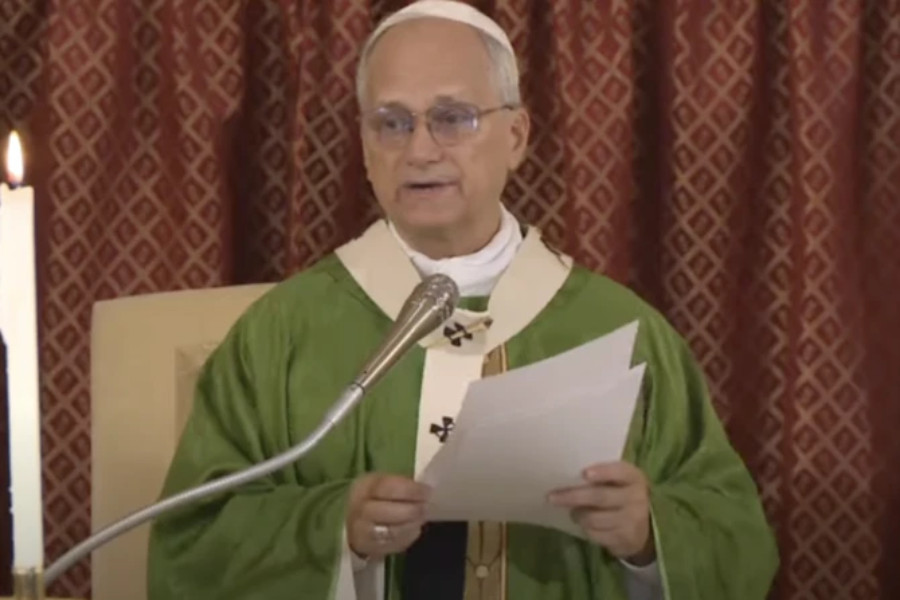

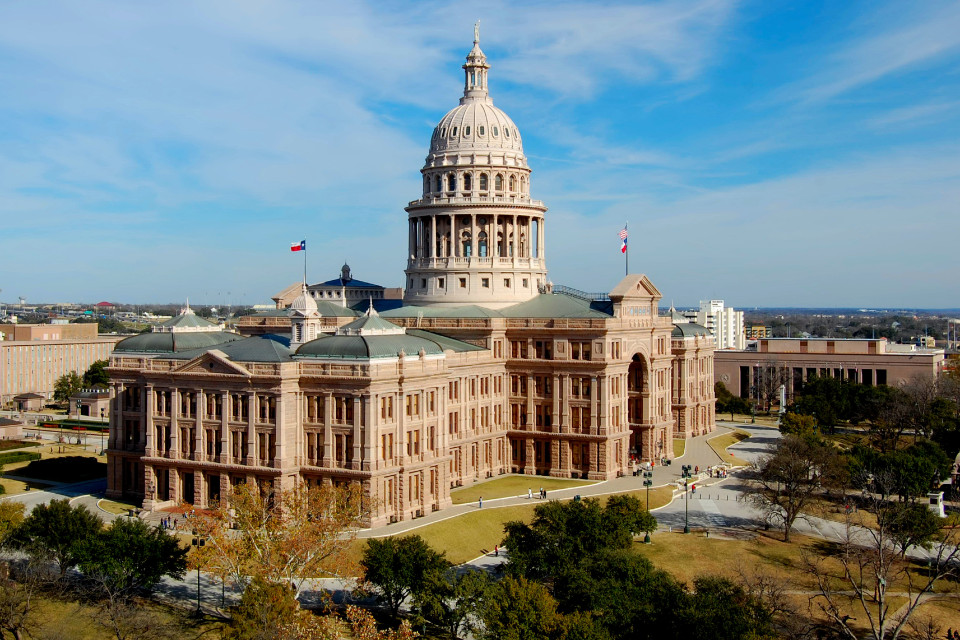
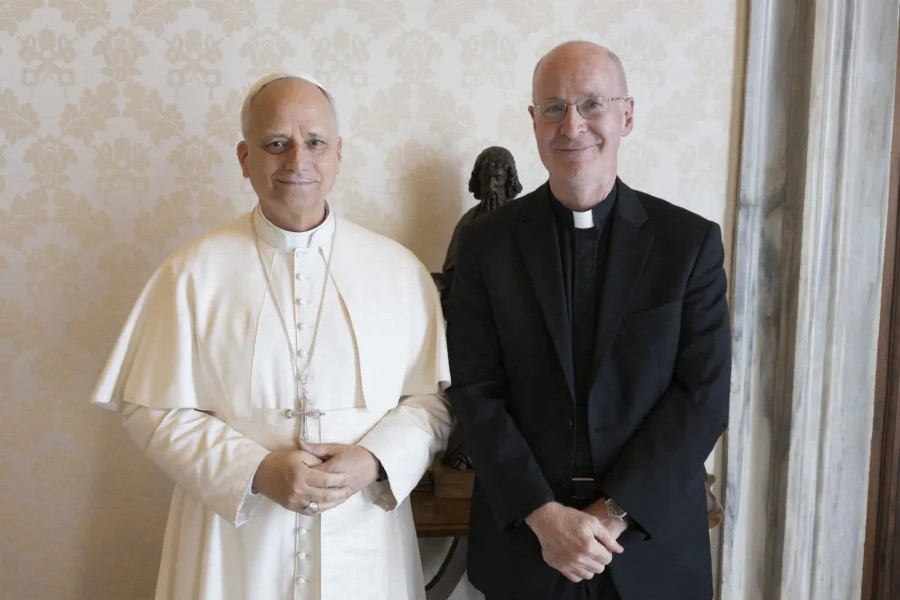
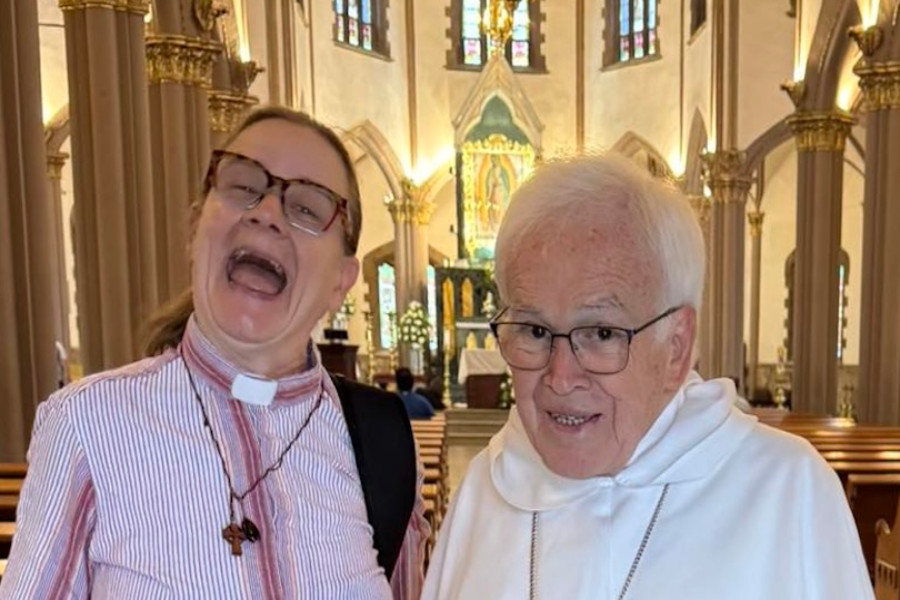

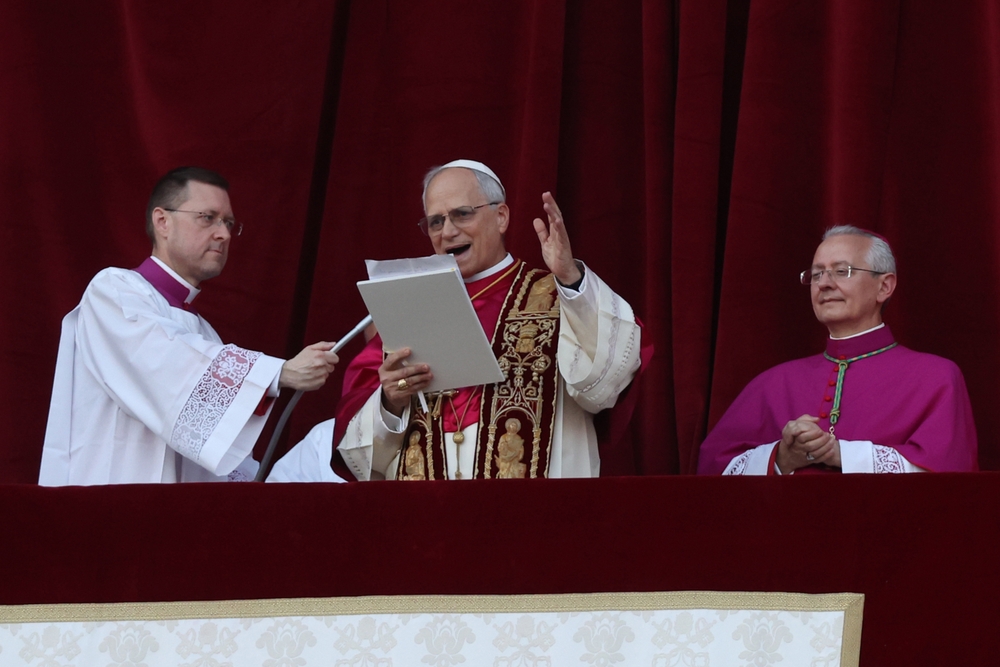

Leave a Reply